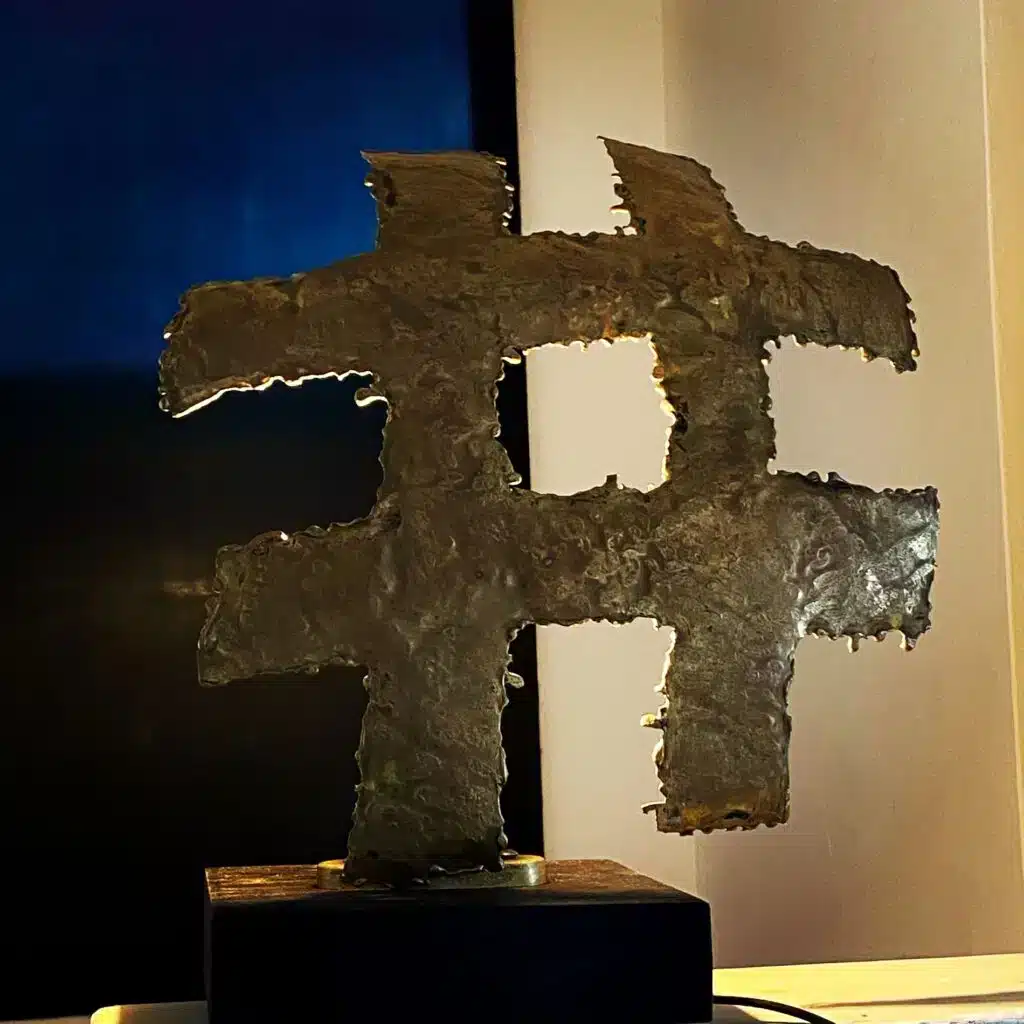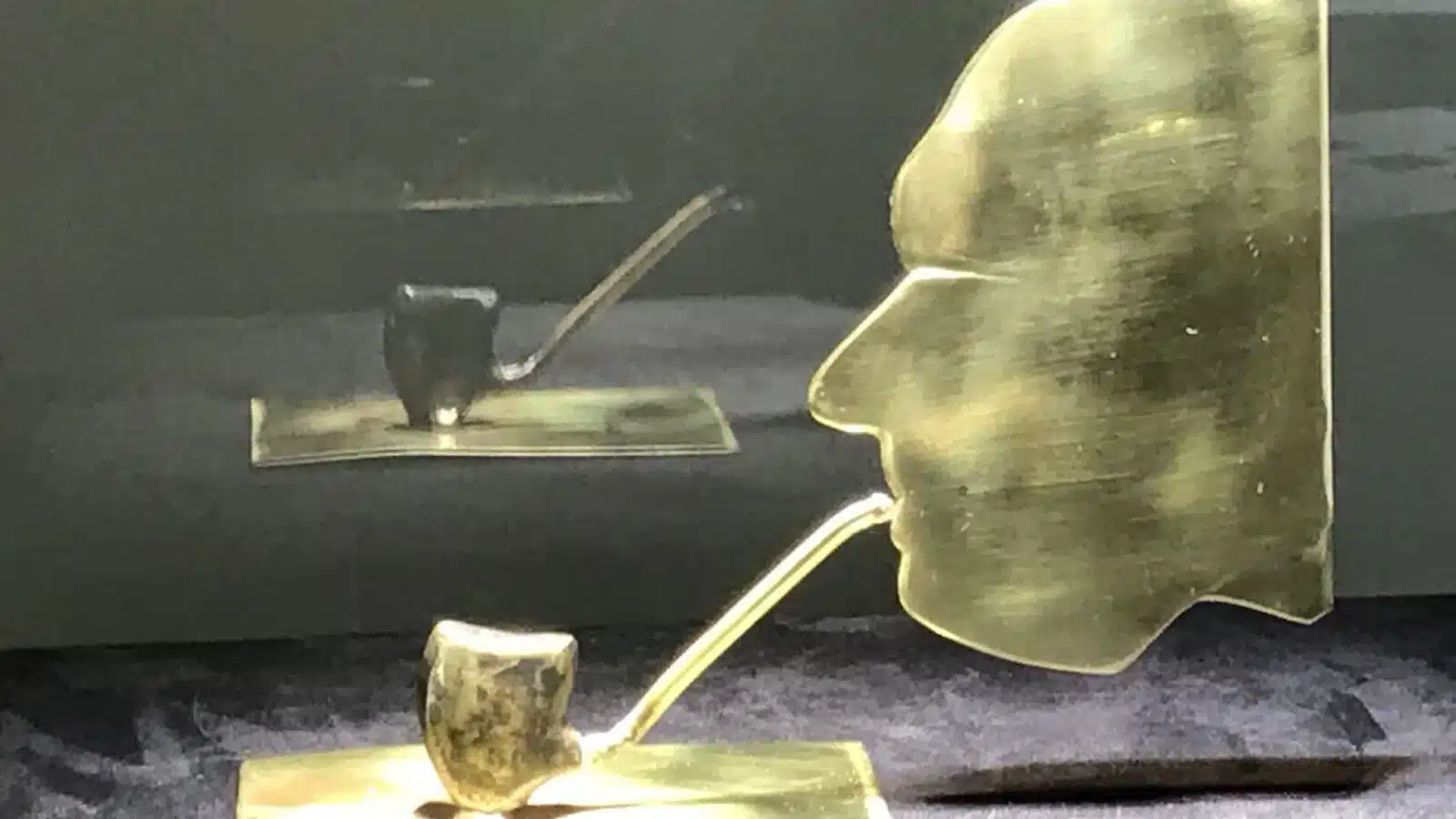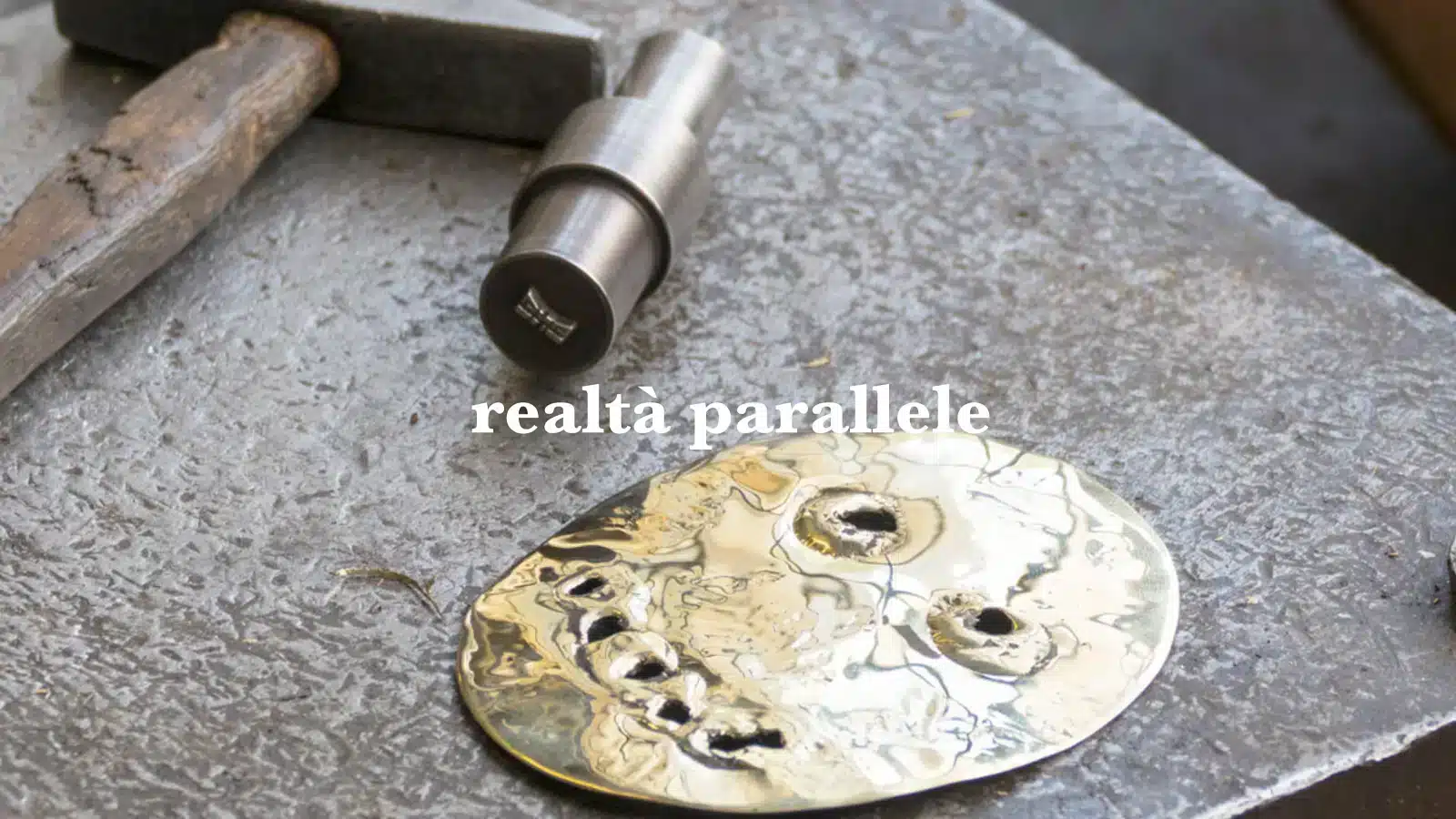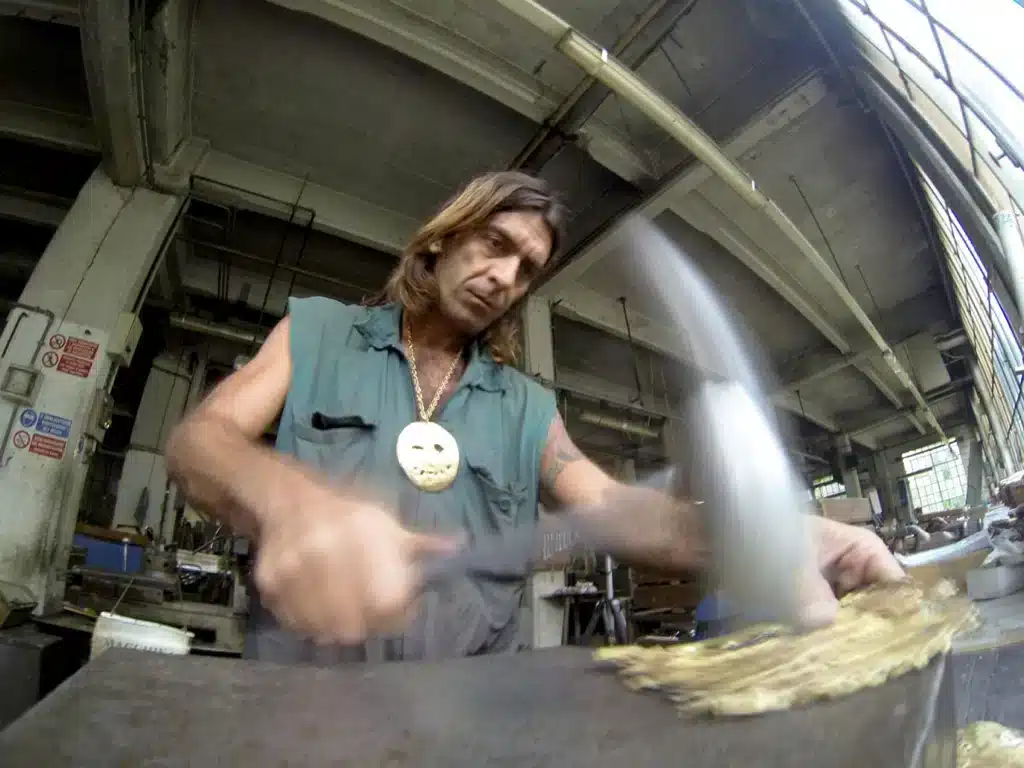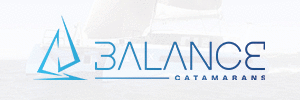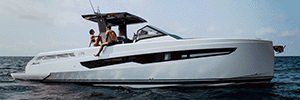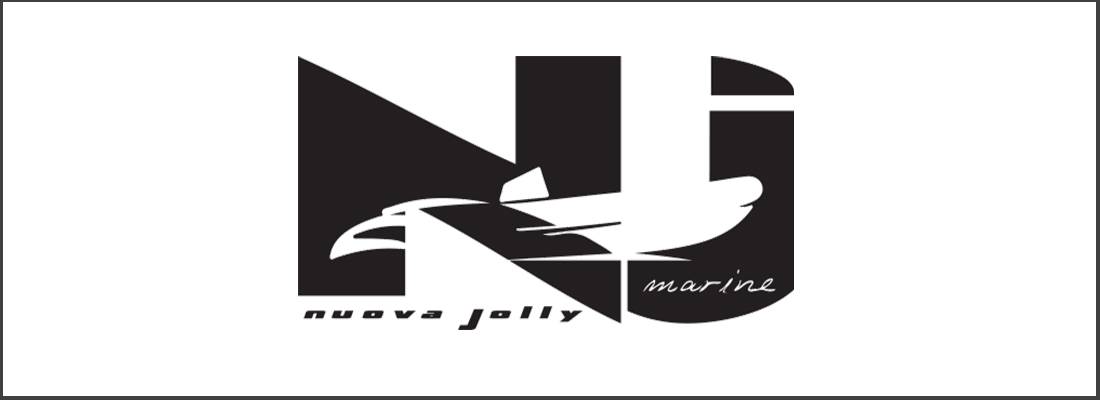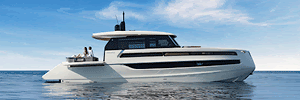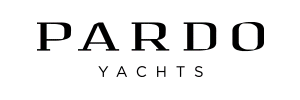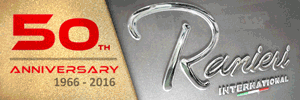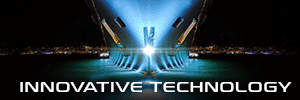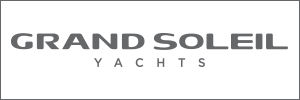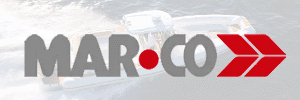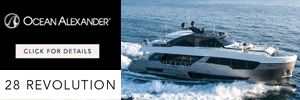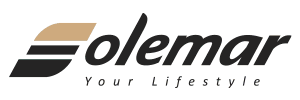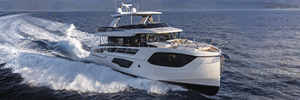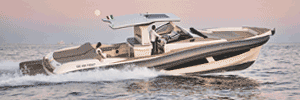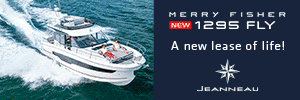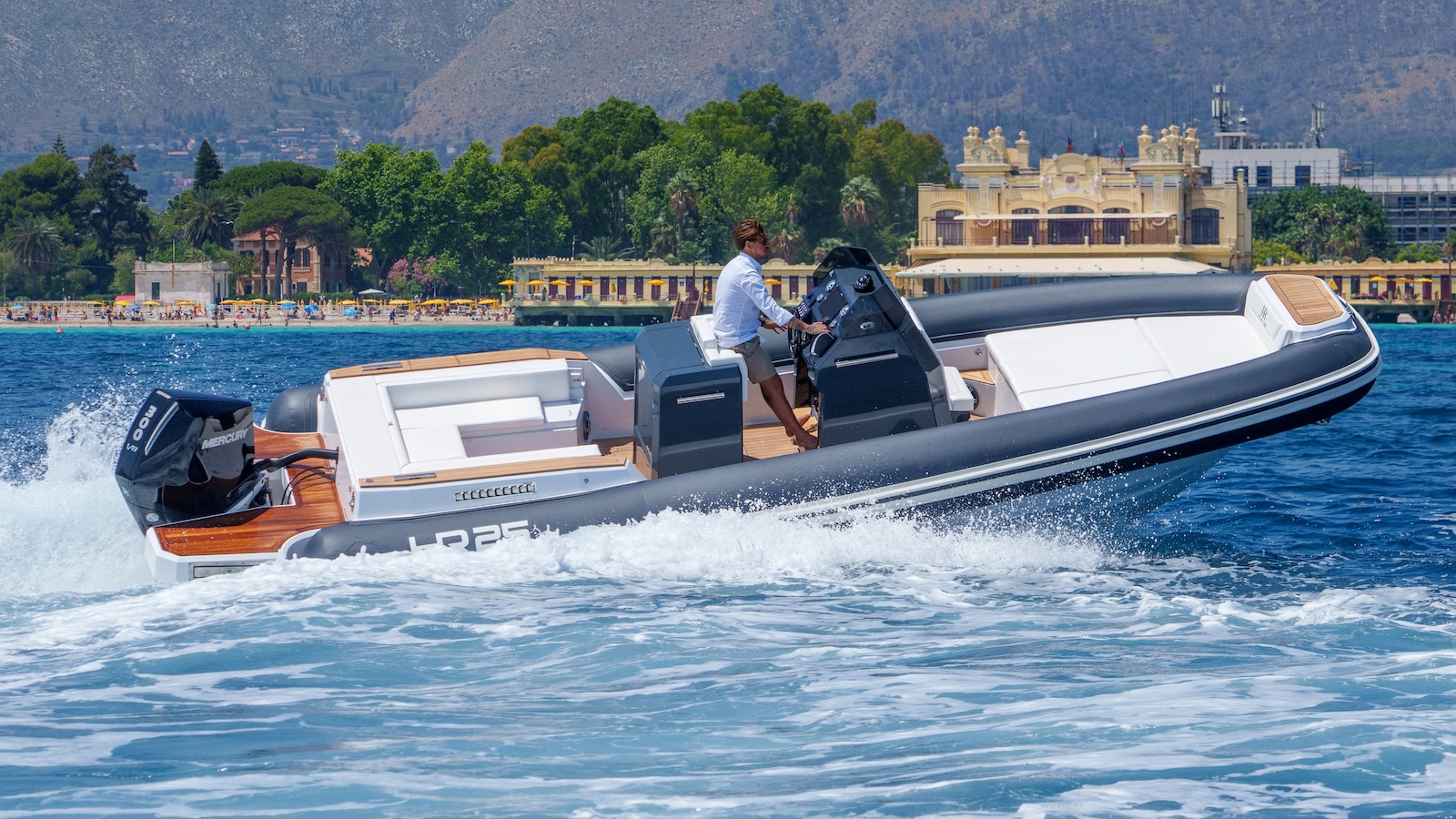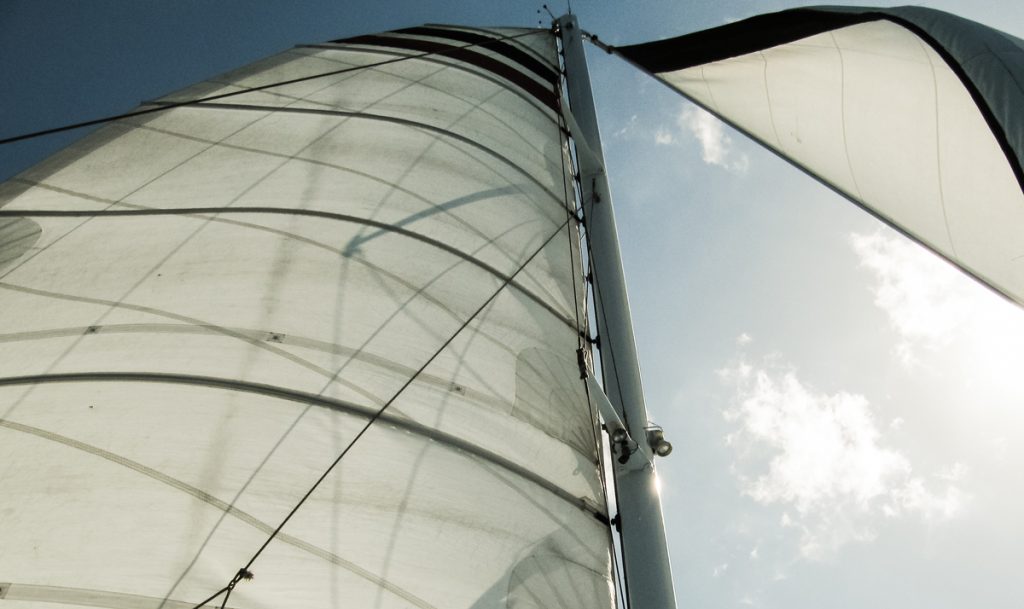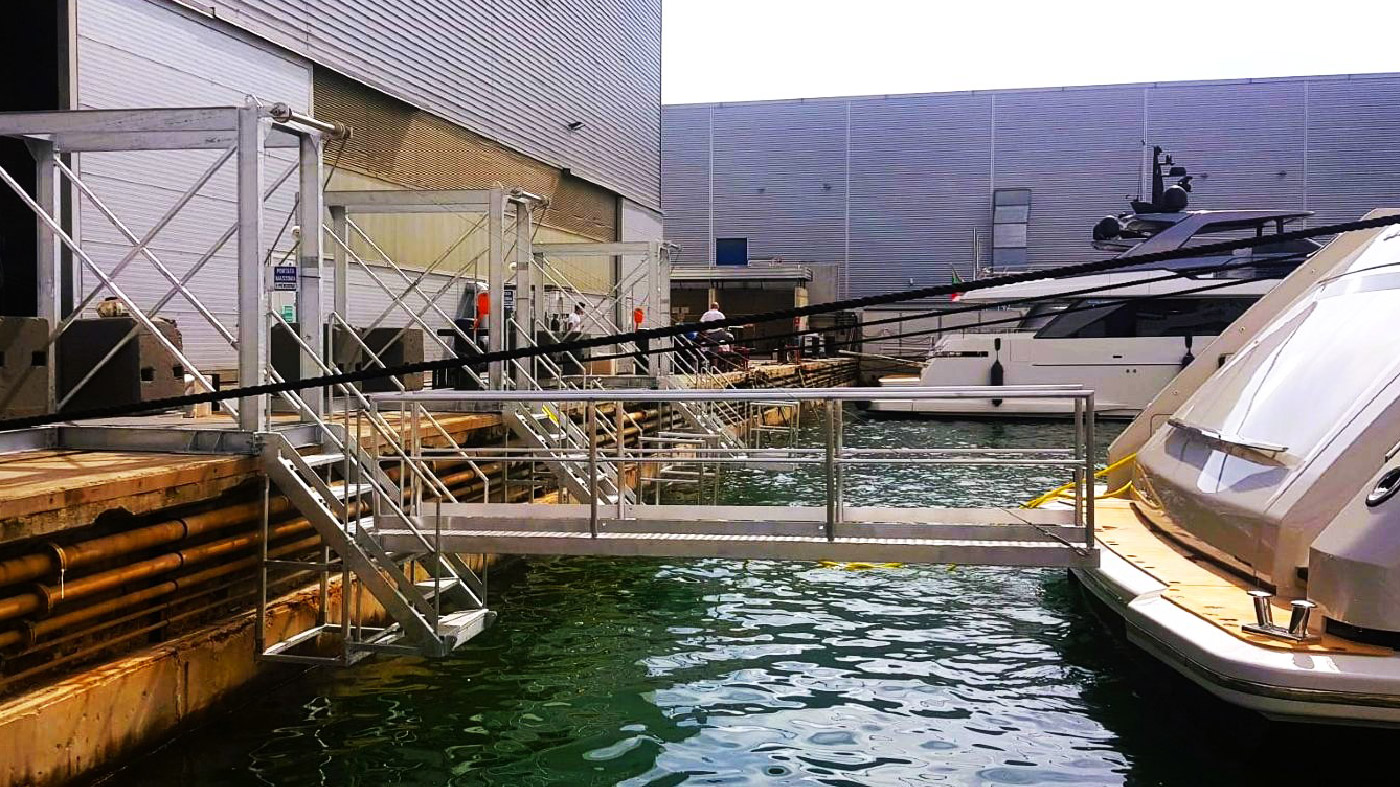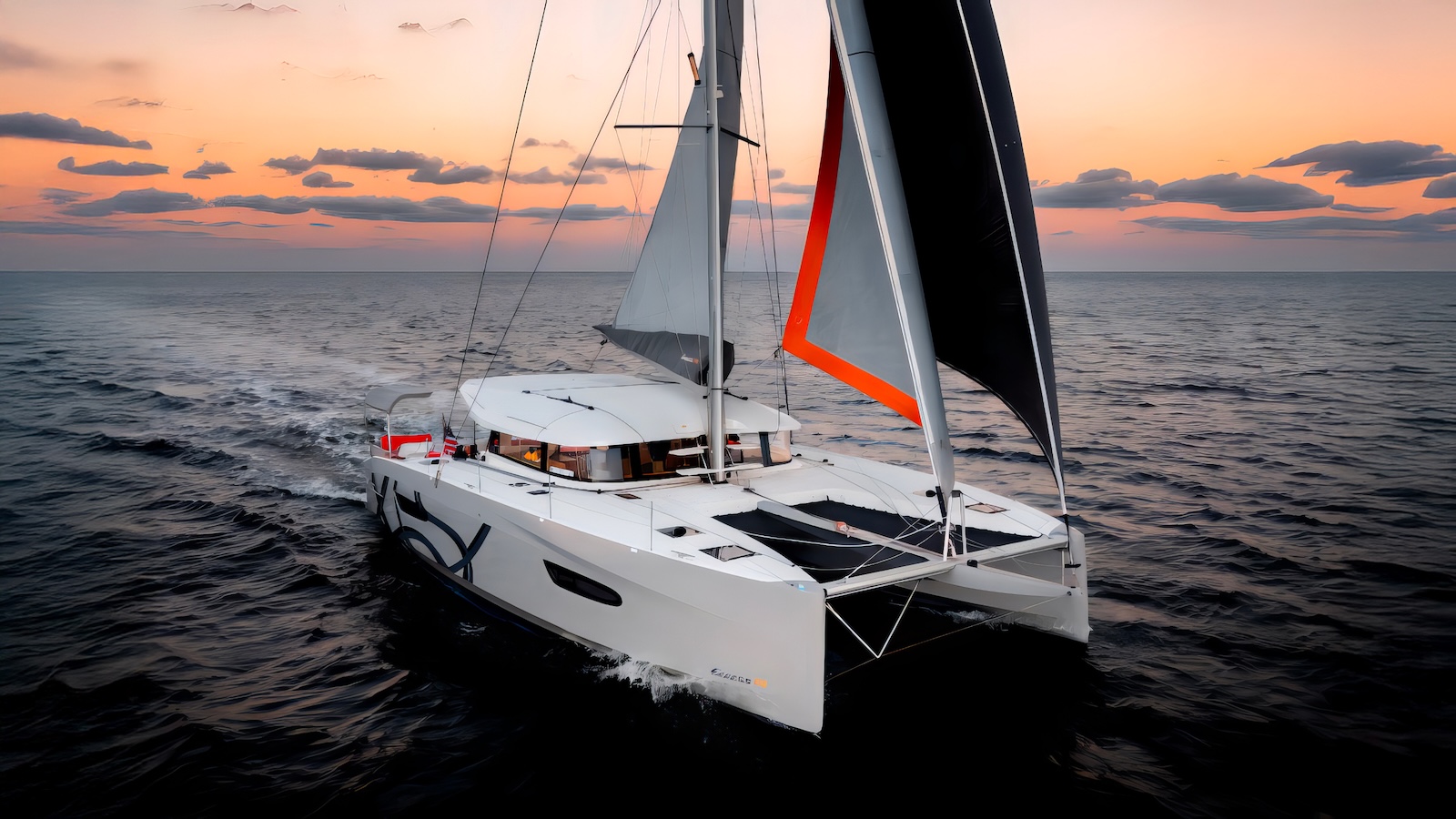He is widely known and praised in the boating industry as a designer of boat accessories, but his true identity is that of a fine sculptor of contemporary artworks. We are talking about Giangi Razeto, who kicked off his ” Realtà parallele ” (Parallel Realities) exhibition in Genoa last Wednesday. The exhibition, housed in the Capitol Hill studio in Genoa’s Palazzo dei Rolli, is dedicated to the extraordinary creations of this all-around artist, who not only signs his award-winning boat handles for Razeto e Casareto,the family business, but also has a lesser-known – but no less interesting – soul capable of blending different and complex cultural contaminations to create wonderful sculptures and bas-reliefs.
In Giangi Razeto’s works exhibited in Genoa, metal – often recycled brass, a privileged material in the Ligurian artist’s work- becomes the medium for expressing the contradictions of our times, between reinvented emoticons and revisited ancestral figures. Giangi Razeto, in what he himself labels “contemporary hieroglyphics” immortalizes on brass plates his emotions, declares his choices and offers us the chance to share them. In the ancient that becomes contemporary again and in the ephemeral synthesis of the hyper-technological age that crystallizes in the metal sculpture lies precisely the heart of Giangi Razeto’s art, his reflection on our times of today, his soul of an artist who knows how to revive the cold metal with a warm light: his “parallel realities,” to quote the title of the exhibition.
Furthermore, the metal in Giangi Razeto’s sculptures is worked with flame, grindstone and hammer: a singular, highly personal technique that is as new as it is the child of ancient craftsmanship. “Sometimes I torture the metal, sometimes I caress it,” says the artist himself, whom we interviewed after the opening of his exhibition.
Giangi Razeto, where does the inspiration for your sculptures originate from?
“I get inspiration from looking at beautiful things, absorbing suggestions from the buildings and sculptures in Rome as I ride around it on my scooter, or from nature. A few days ago, for example, while walking to the office, I looked for a long time at a duck pecking at something on the ground, all curved downward, and I took this image to weld a sculpture with the shape of an upturned beak.”
Ancient and modern dimensions are mixed together in your sculptures, which is why you rightly call them “contemporary hieroglyphics.” What is your working process behind this mixture?
“I usually start from recycled metal plates, which I beat on the ancient anvils I have in my workshop. This way I imprint on them the marks of history found on such anvils, accumulated over more than a hundred years of use by many other craftsmen. Finally I go to burn the slabs to torture the material in some way.”
Is there one sculptural work that represents you more than others?
“I find that no one work particularly represents me more than the others, but if I have to mention one, it is the one I am currently working on: it is an angel that I am making on a client’s commission, and it consists of a pronounced backbone, large wings and a snake’s head. Right now I am putting all my energy into this work, so I can say that it is the one that most represents me right now.”
What frontiers of sculpture are you most interested in exploring in the coming years?
“I’m going to focus on emoticons. These symbols have now become an integral part of our daily communication, despite the fact that they are often meaningless. As I sculpt, I bring these digital representations into the material and enjoy torturing them. It is now a reference of mine and it is the frontier I am most interested in continuing to work on.”
Given your work as a designer of boat handles, have you ever imagined a sculpture of yourself aboard a yacht?
“That would be wonderful, but unfortunately I’m not aware of any of my sculptures aboard boats or superyachtsat the moment… For now, I just “sculpt” the handles that are aboard a lot of boats; if I later manage to make one of my sculptures sail as well, I would be very proud!”
